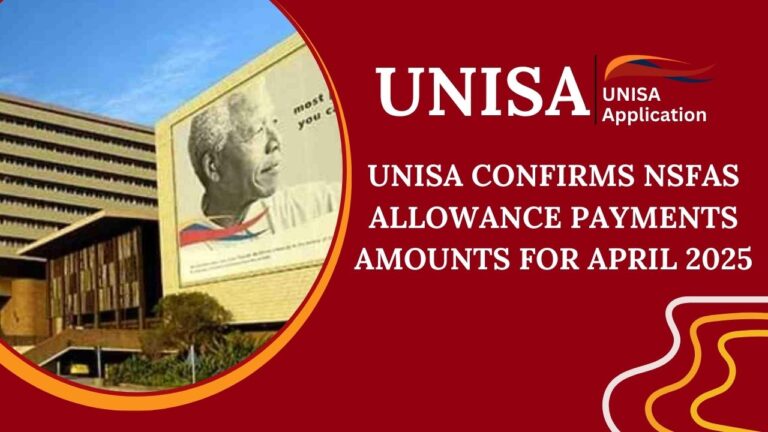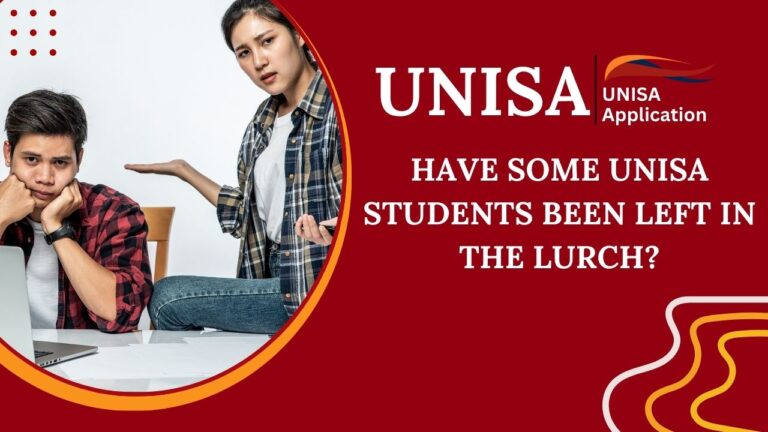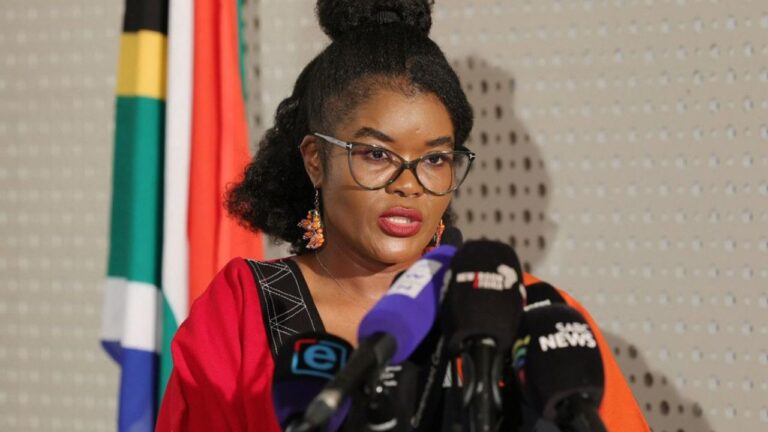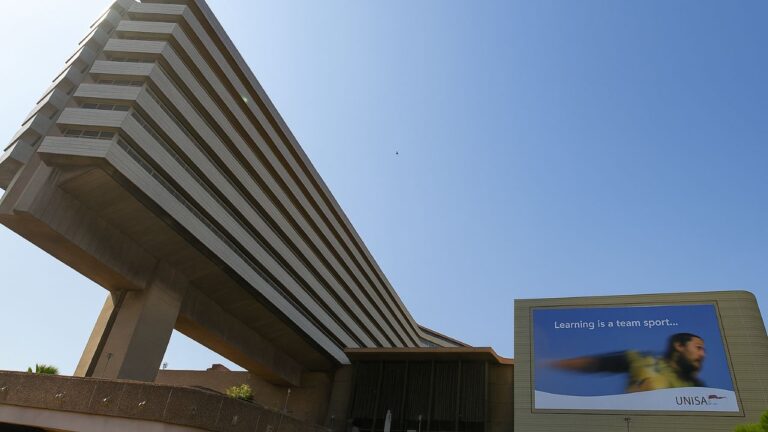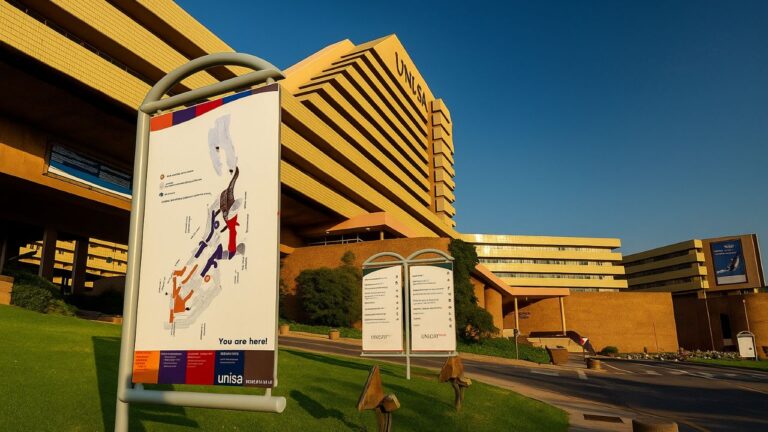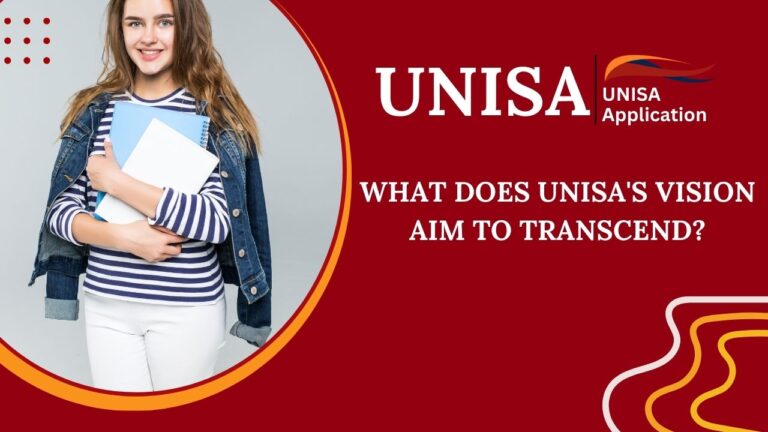UNISA Hosts Annual Conversations With Thabo Mbeki
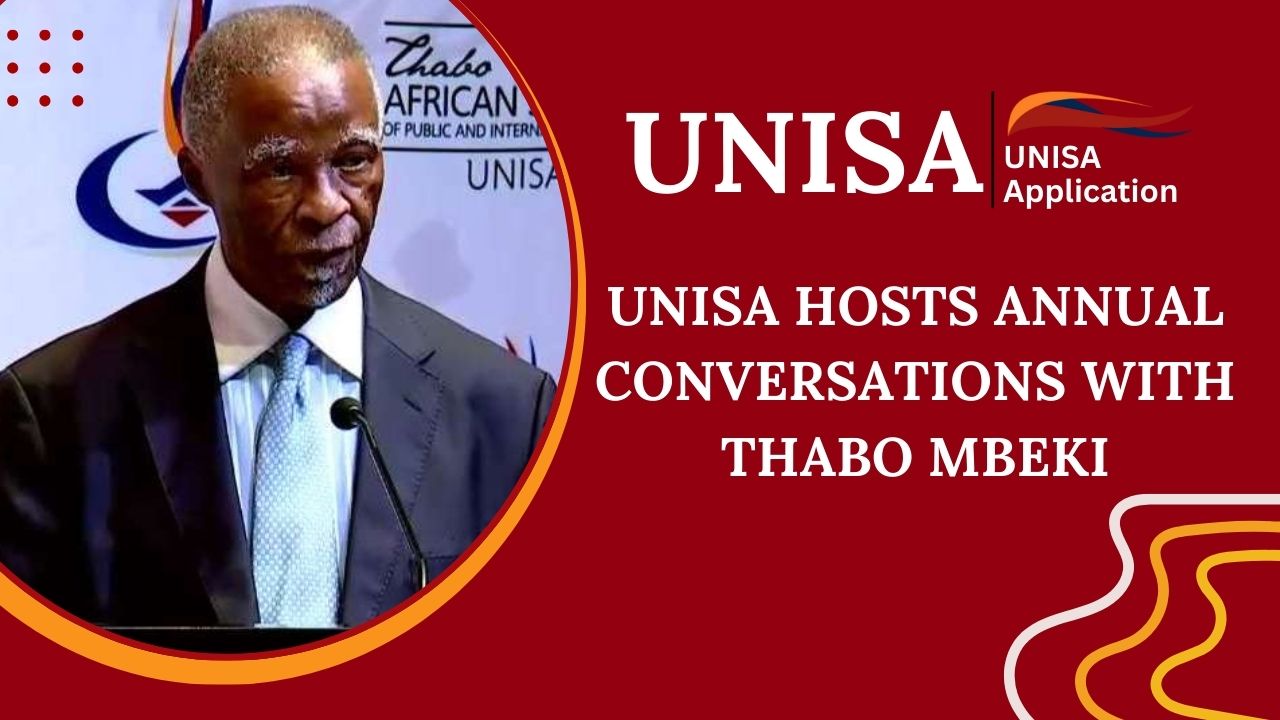
UNISA Hosts Annual Conversations With Thabo Mbeki. On 28 March 2025, the Thabo Mbeki African School of Public and International Affairs (TM-School) at the University of South Africa (UNISA) hosted its prestigious annual event, Conversations with Thabo Mbeki.
This platform provides an opportunity for the esteemed UNISA Chancellor, Dr Thabo Mbeki, to engage in thought-provoking discussions on issues impacting South Africa, the African continent, and the global political landscape.
The event was attended by prominent dignitaries, including members of the diplomatic corps, university council members, representatives of royal houses, local and national government officials, political party representatives, and key figures from academia and business sectors. This high-profile dialogue remains a critical forum for shaping national and continental policies.
Issues Raised During the Discussion
Moderated by Prof Anthoni van Nieuwkerk, the head of International and Diplomacy Studies at TM-School, the discussion delved into pressing challenges facing South Africa’s economic development, diplomatic relations, and governance. Several panelists raised critical points:
- Sandy Motale, Chairperson of the Multi-party Women’s Caucus in the City of Tshwane, emphasized concerns regarding sovereignty, economic development, and diplomatic strategies. She questioned South Africa’s trade position under the African Growth and Opportunity Act (AGOA) and the potential economic risks should Donald Trump’s administration withdraw from this agreement.
- Katlego Mathebe, PR Councillor of the City of Tshwane, addressed Africa’s internal conflicts, focusing on the Democratic Republic of Congo (DRC) and the evolving diplomatic ties between South Africa and the DRC.
- Francois Anderson, an ICT manager and educator from Kloof High School in Durban, raised pertinent questions about South Africa’s Government of National Unity, medium-term development plans, debt obligations, and the VAT increase.
Thabo Mbeki’s Response
In response to the issues raised, Dr Thabo Mbeki emphasized that the National Development Plan (NDP) is a vision rather than a concrete plan, highlighting that its implementation remains a work in progress. He urged stakeholders to review and engage with the medium-term development plan once it is fully published.
Regarding the VAT increase, Mbeki cautioned against raising taxes as a solution to economic stagnation. He called for practical steps to address South Africa’s economic challenges and boost national growth.
Strengthening South Africa’s Foreign Relations
Addressing South Africa’s foreign policy stance, Dr Mbeki stressed the importance of fostering balanced international relations. He highlighted that South Africa should engage in diplomatic partnerships that are mutually beneficial rather than being influenced solely by trade volume.
Mbeki noted the historical ties between South Africa and the United States, dating back to the apartheid era. He lamented the recent decline in US-SA relations, expressing the need for renewed diplomatic engagement with the Trump administration to sustain beneficial trade agreements such as AGOA.
Additionally, he underscored the importance of diplomacy and ambassadorial conduct in foreign policy. He advised that South African representatives on international platforms must uphold the country’s dignity while negotiating geopolitical and economic alliances.
Role of Science and Innovation in Africa’s Future
In her opening address, UNISA’s Principal and Vice-Chancellor, Prof Puleng LenkaBula, praised Dr Mbeki’s foresight in championing scientific and technological advancements. She specifically highlighted the Square Kilometre Array (SKA) project, an intergovernmental initiative aiming to construct the world’s largest radio telescope.
Prof LenkaBula emphasized that Africa has historically played a significant role in astronomy. However, this contribution is often overlooked. She credited Mbeki’s leadership in ensuring that Africa remains at the forefront of space sciences, data systems, and radio astronomy.
She further stated that UNISA is actively working to bridge the gap between humanities, social sciences, and STEM disciplines to drive sustainable development in Africa. She acknowledged the efforts of young African scientists, stating that for them, “the sky is not the limit, but a research horizon”.
South Africa’s Role in the Global Economic and Political Landscape
Prof LenkaBula also emphasized the importance of South African academia in global discussions, including at G20 meetings. She noted that the G20 summits should not be mere networking events but rather platforms for shaping global policies that benefit Africa. She stressed that Africa’s voice must not be marginalized and that intellectuals must be at the forefront of influencing geopolitical and economic shifts.
Financial Aid and Student Debt Relief Initiatives
Another key issue addressed was student financial aid. Aphiwe Dlamini, Secretary-General of UNISA’s National Student Representative Council (NSRC), stressed the urgent need for student debt relief programs. He argued that financial constraints prevent many students from completing their education and contributing to the country’s development.
Dlamini expressed appreciation for organizations like the Motsepe Foundation that support financially struggling students. He reiterated that the NSRC is working towards funding academically deserving students, ensuring that economic barriers do not hinder their academic success.
Conclusion
The 2025 Conversations with Thabo Mbeki provided critical insights into South Africa’s economic, diplomatic, and governance challenges. The discussions underscored the urgent need for practical solutions, diplomatic recalibration, and a focus on innovation and development.

